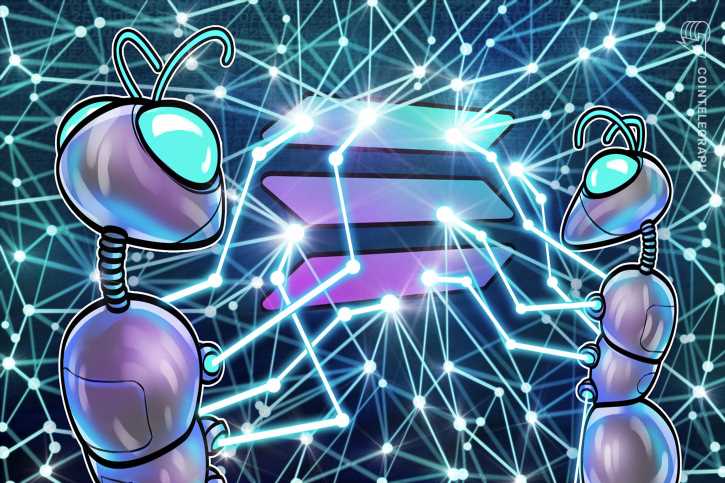The Solana network experienced a noticeable slowdown in block production after its most recent 1.14 network update on Feb. 25. In an immediate response to transaction disruptions, validators downgraded the software to up performance levels.
However, on Feb. 28, Anatoly Yakovenko, the founder and CEO of Solana Labs, released another statement about how the ecosystem plans to improve its recent network upgrades. The major focus of the plan is on stability as the network continues its transition.
The statement laid out a six-step plan for engineers to help streamline the process and revealed that an adversarial team had been formed, which comprises one-third of the Solana engineering team.
This team was formed to build additional hooks and instrumentation into the validator code and target exploits throughout the underlying protocols.
Additionally, it laid out ways to focus on creating network-wide stability. This includes a second validator client built by Jump Crypto’s firedancer team and Mango DAO developers building new tooling and implementing local fee markets — among other efforts.
Related: The state of Solana: Will the layer-1 protocol rise again in 2023?
Yakovenko’s recent statement also mentioned that an investigation of what happened in the initial outage is still being conducted, with the community to be informed when information is available.
On Feb. 28, he clarified that on-chain voting was not the cause of the slowdown.
The community response to the outage was one of frenzy, with some users calling the system a “transaction killer.” However, the response to Yakovenko’s improvement roadmap was mixed, with some users saying the news was “great to hear,” while others still questioned Solana’s integrity:
The Solana ecosystem call is planned for March 2, 2023, in which it intends to discuss the state of the ecosystem, among other issues.
Later in the month, on March 27, Helium Network’s communications protocol plans to migrate to the Solana blockchain to deploy oracles.
Source: Read Full Article
